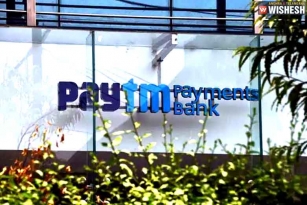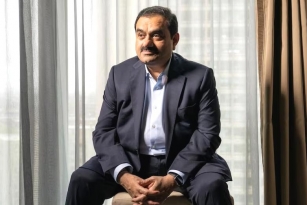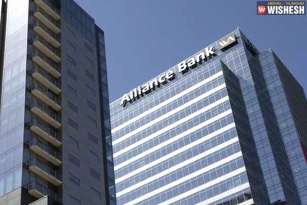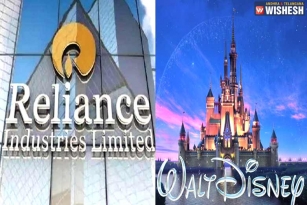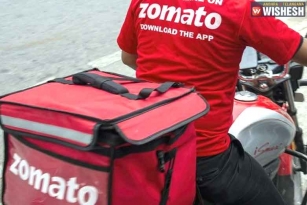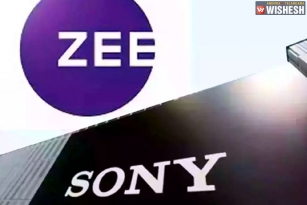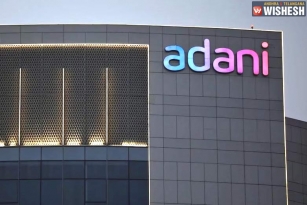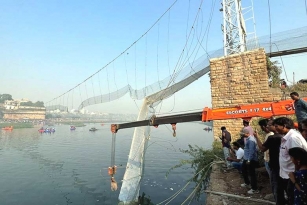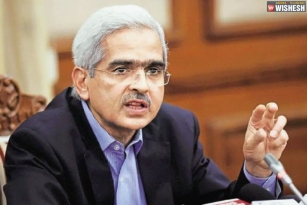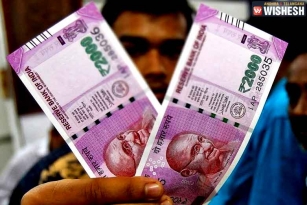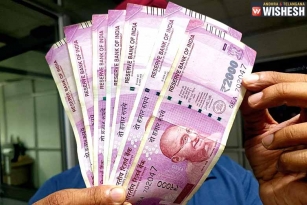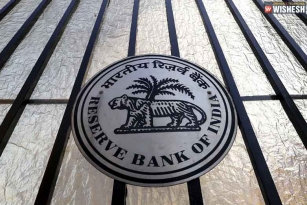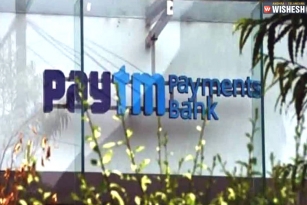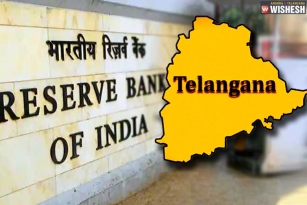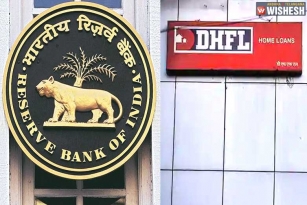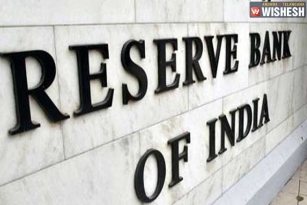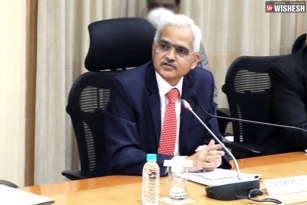
Reserve Bank of India on today kept its policy rates unchanged, while the governor Raghuram Rajan said that the headline inflation is at elevated levels and banks are yet to pass on the full benefits of previous rate cuts. The repo rate will continue to be at 7.25 percent and the cash reserve ratio will remain at 4 percent.
Rajan said, "Some food prices, particularly of protein-rich items, pulses and oilseeds have risen sharply in recent months. They will have to be carefully monitored as they tend to be sticky and impart an upward bias to inflation and inflation expectations. This assumes significance in view of households’ inflation expectations rising again."
The RBI Governor talked about the possibility of taking away the veto rights from the Governor to a committee. "There are three virtues of taking away the veto rights from from Governor and giving it to a committee. We have been supporters of this committee. We have been engaged with the Government. The structure should ensure continuity in policy. The Government and the RBI have reached a broad consensus on what the committee should look like and what the role of the Governor would be," Raghuram Rajan said.
Regarding MPC, the details will be made public when the govt feels comfortable and I think we should wait till then rather than talk about the details. I will only talk about the veto issue which has gained some public discussion. Currently the situation is that Governor has the veto. That means effectively all advice is only advice, ultimately the decision is that of the governor's. So if we continue to keep the veto it doesn't change the current situation, it maintains the status-quo, Rajan said.
"Our focus is on, how can we resolve stress on power distribution companies which will make power purchases more effective," Rajan said. "Our attempt is to get projects back on track. Banks need to face reality, take medicine and don't push it to the future. We are for allowing banks flexibility not forbearance," Rajan said.
“We have already done a lot internally in the past, in my term and before, to institutionalise the process and having scheduled meetings with different constituencies before the policy decision. Having serious discussions with internal staff based on incoming economic data and based on our model analysis and speaking with the government to obtain its viewpoint. The final policy is usually a consensus arrived at by the governor, the deputy governor incharge of the monetary policy and the executive director incharge of the monetary policy. But ultimately the responsibility is the governor's,” Rajan said
By Premji


